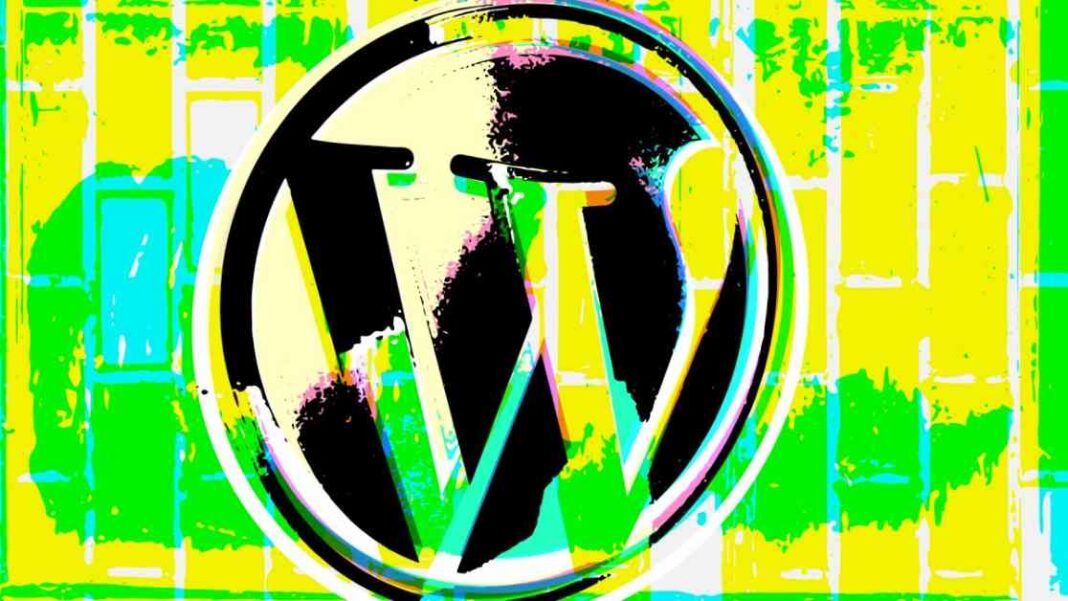The WordPress community is currently embroiled in a heated dispute between WordPress founder and Automattic CEO Matt Mullenweg and WP Engine, a popular hosting service for WordPress websites. The controversy revolves around WP Engine’s decision to disable the ability for users to track revision history for posts, a feature that Mullenweg believes is crucial for data protection. He also criticized WP Engine for not contributing enough to the open-source project and confusing customers by using the “WP” brand.
In response, WP Engine sent a cease-and-desist letter to Mullenweg and Automattic, claiming fair use of the WordPress trademark. However, Automattic retaliated with its own cease-and-desist letter, accusing WP Engine of breaching WordPress trademark rules. This legal battle escalated further when Mullenweg banned WP Engine from accessing WordPress.org resources, affecting websites using the service.
WP Engine’s ban was lifted temporarily, but the conflict continued over trademark usage and licensing. WP Engine defended its use of the WordPress mark and made changes to its branding to address Automattic’s concerns. Despite these efforts, the WordPress community remains divided over the implications of the dispute and the control exerted by one individual over such a significant portion of the web.
The situation took a legal turn when WP Engine sued Automattic and Mullenweg in California, alleging abuse of power and governance issues. Automattic dismissed the lawsuit as meritless, setting the stage for a complex legal battle between the two parties. The fallout from the dispute also led to the departure of 159 Automattic employees who disagreed with Mullenweg’s leadership direction, highlighting internal tensions within the company.
As the conflict unfolds, the WordPress community is seeking clarity on trademark usage and guidance from Automattic. Developers and providers are concerned about the potential impact of trademark grants on their projects and access to open-source resources. The dispute has raised broader questions about the governance of open-source software and the need for diversity and independence within the web ecosystem.
The ongoing controversy underscores the challenges of managing a widely-used technology like WordPress and the complexities of navigating trademark issues in the digital landscape. With key stakeholders taking legal action and making strategic moves to protect their interests, the future of WordPress and its community remains uncertain amidst the ongoing dispute.











